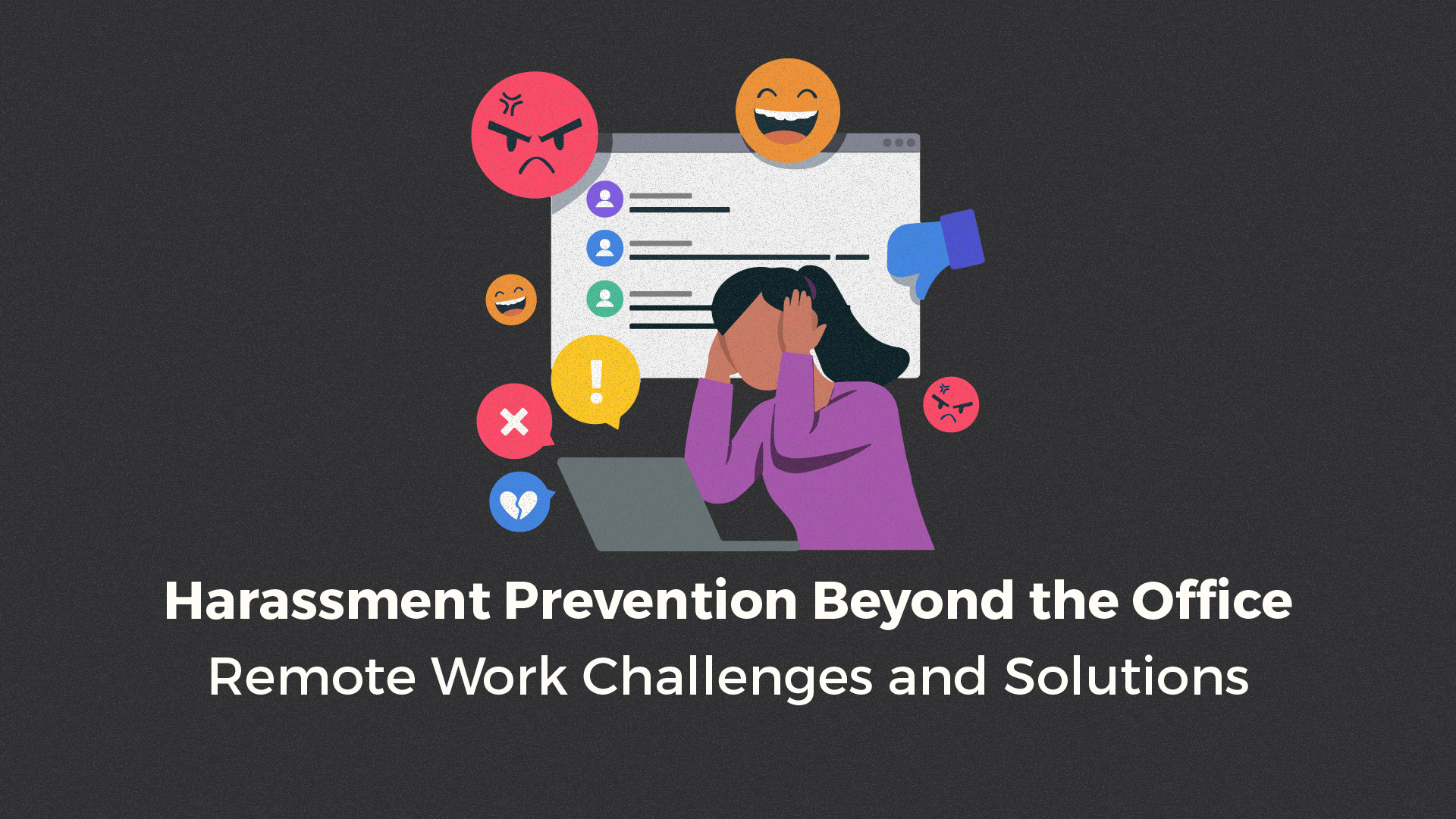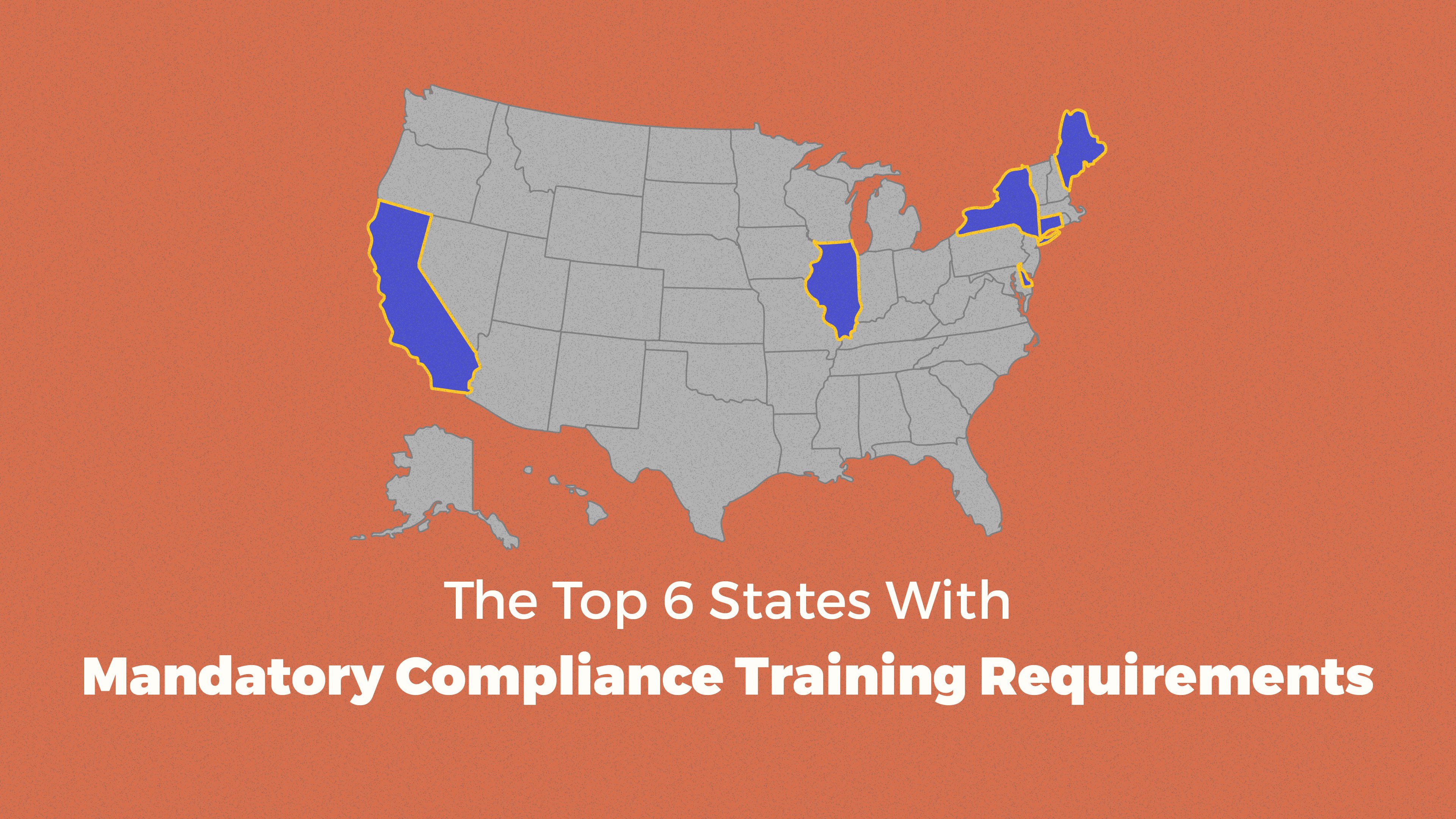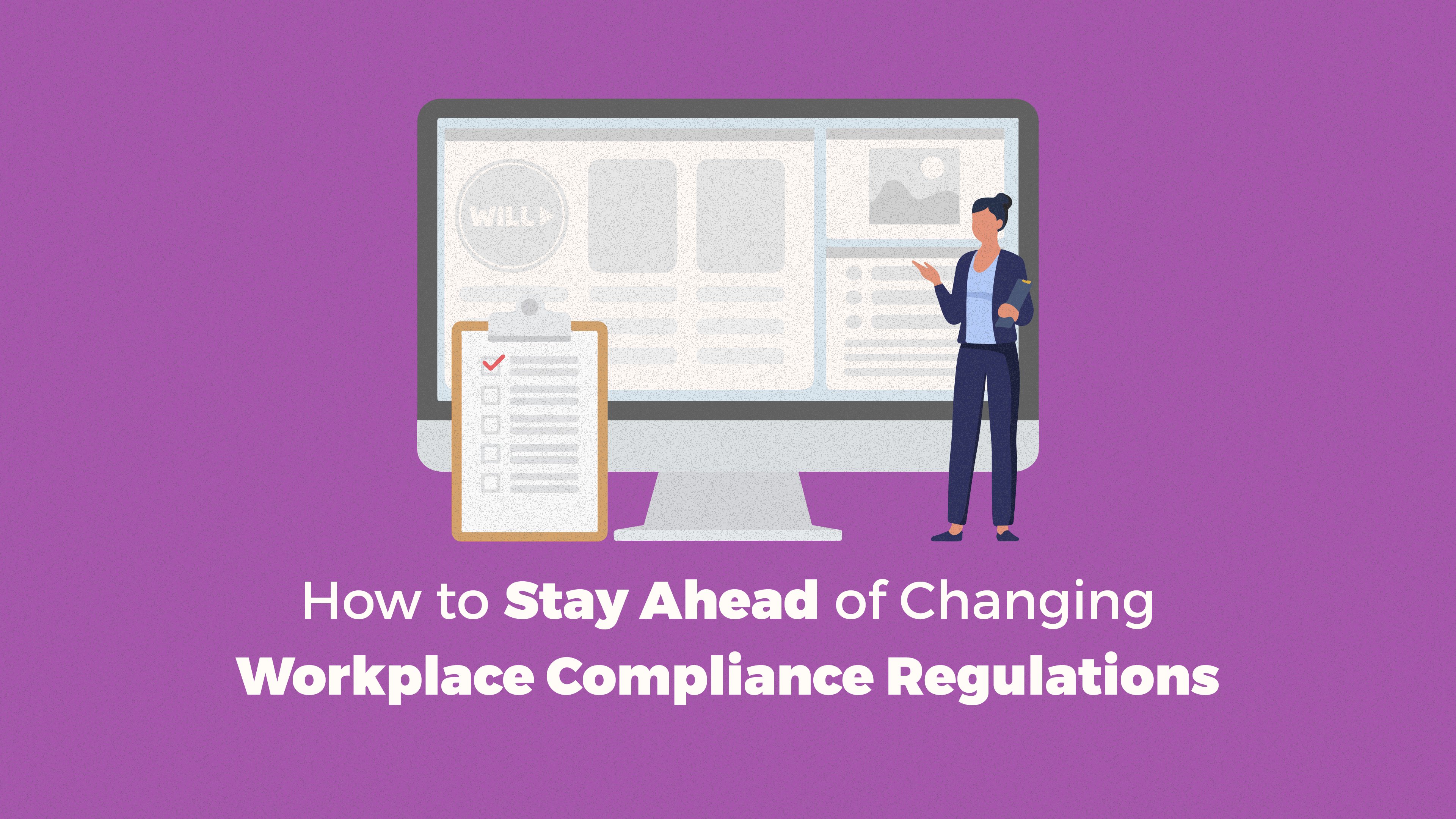Examine the implications of remote work arrangements on harassment prevention efforts, providing strategies for maintaining a supportive and inclusive environment in virtual settings.
Out of Sight, Out of Mind! That’s what many HR managers assumed would happen to sexual harassment when many workplaces went remote or hybrid. Surely, we all thought, when employees aren’t near each other at least inappropriate sexual advances and touching will cease.
Unfortunately, the discriminatory practice has morphed into new forms. One study found that 38% of remote employees have experienced sexual harassment through video conferencing, social media, or by text. Victims may be reluctant to share that they’ve been harassed over social media, believing it isn’t related to the workplace. Offenders may believe that as work and life boundaries have become blurred, they can get away with bad behavior if they’re just creative about it.
Employers need to remind their teams that sexual harassment policy absolutely includes inappropriate contact and harassment between employees working remotely—whether they’re working in the office, logging data at a coffee shop, or taking a work call in their cars. These types of scenarios have to be portrayed in compliance training.
38% of remote employees have experienced sexual harassment through video conferencing, social media, or by text.
On video conferencing, inappropriate humor or comments should be called out. “Sorry, Jim, that isn't a work-friendly language,” is simple and effective. Or, “Jane, I have to stop you right there. We’re all at home, but we still need to be professional.”
Leaders should make themselves available to remote employees for one-on-one check-ins and use that time to make sure their employees feel supported and/or respected at work.
At every level, a policy of psychological safety is vital to protecting remote employees against prolonged harassment. Employees have to really feel the organization wants them to report harassment and abuse. Part of that effort should include regular reminders on how and where to report misconduct.
Harassment affects productivity, diminishes creativity, and leads to high turnover and lawsuits. Protecting your remote workers is not only the right thing to do, but it’s also a sound business practice. And, it’s the law.







